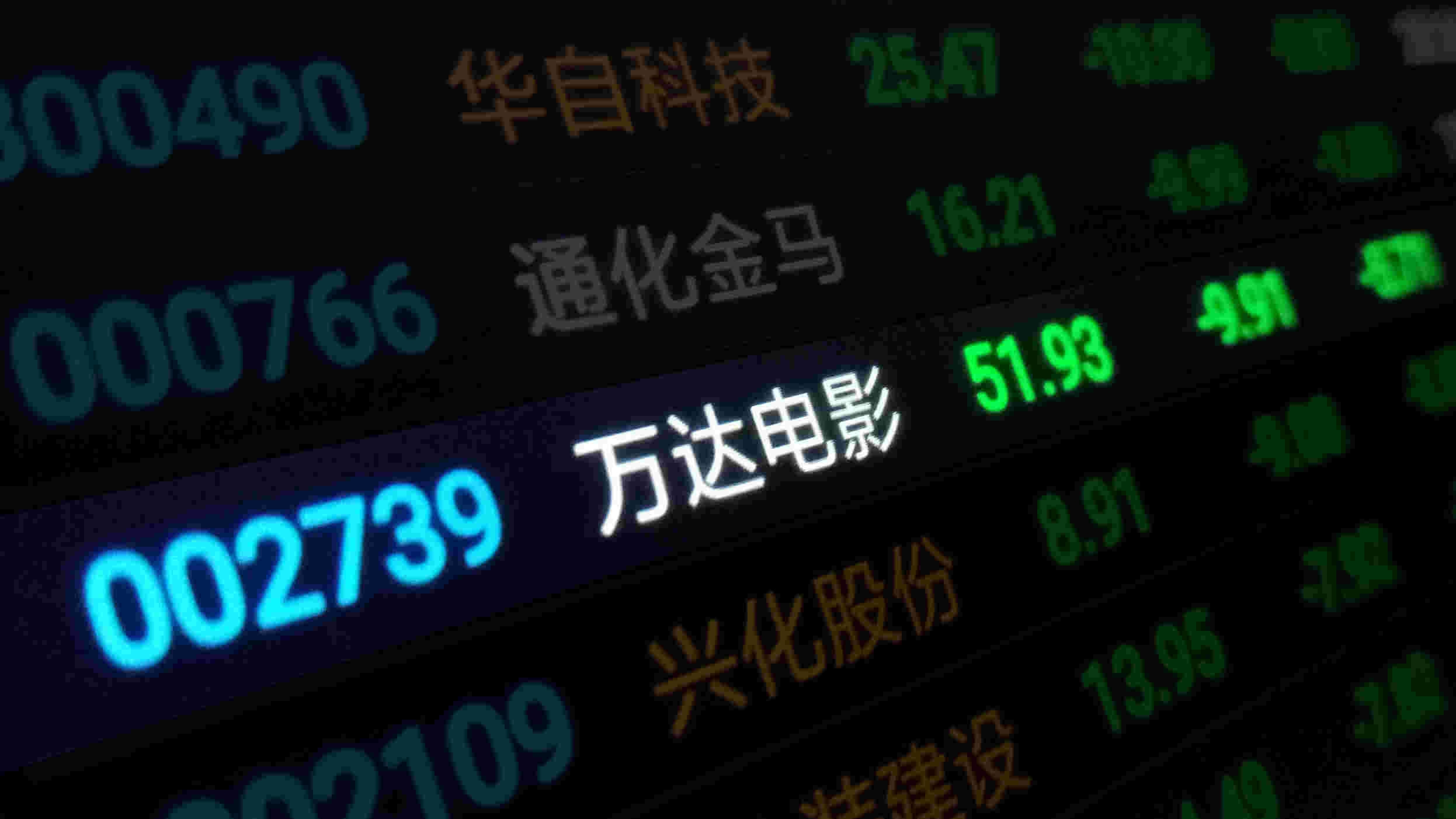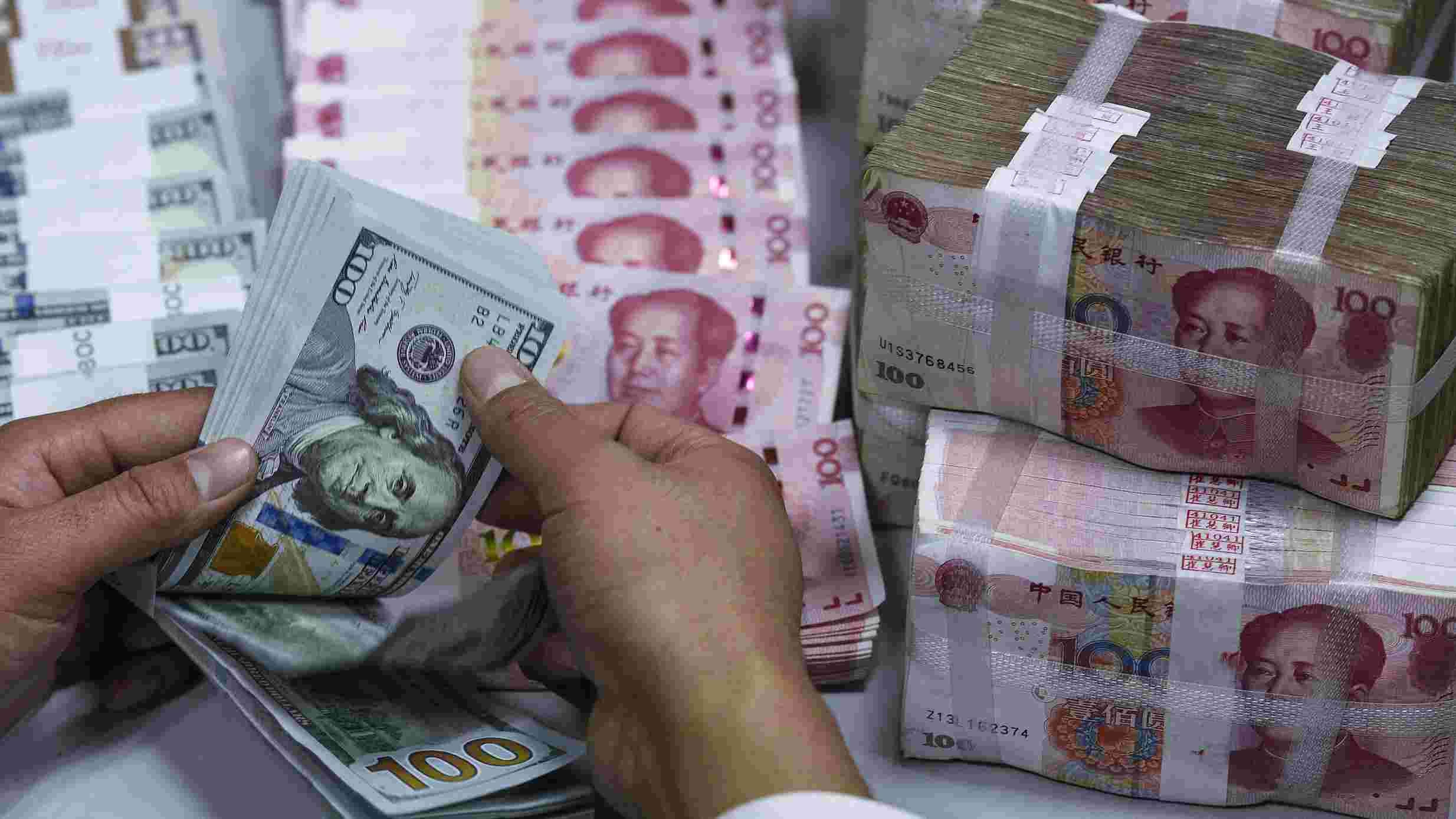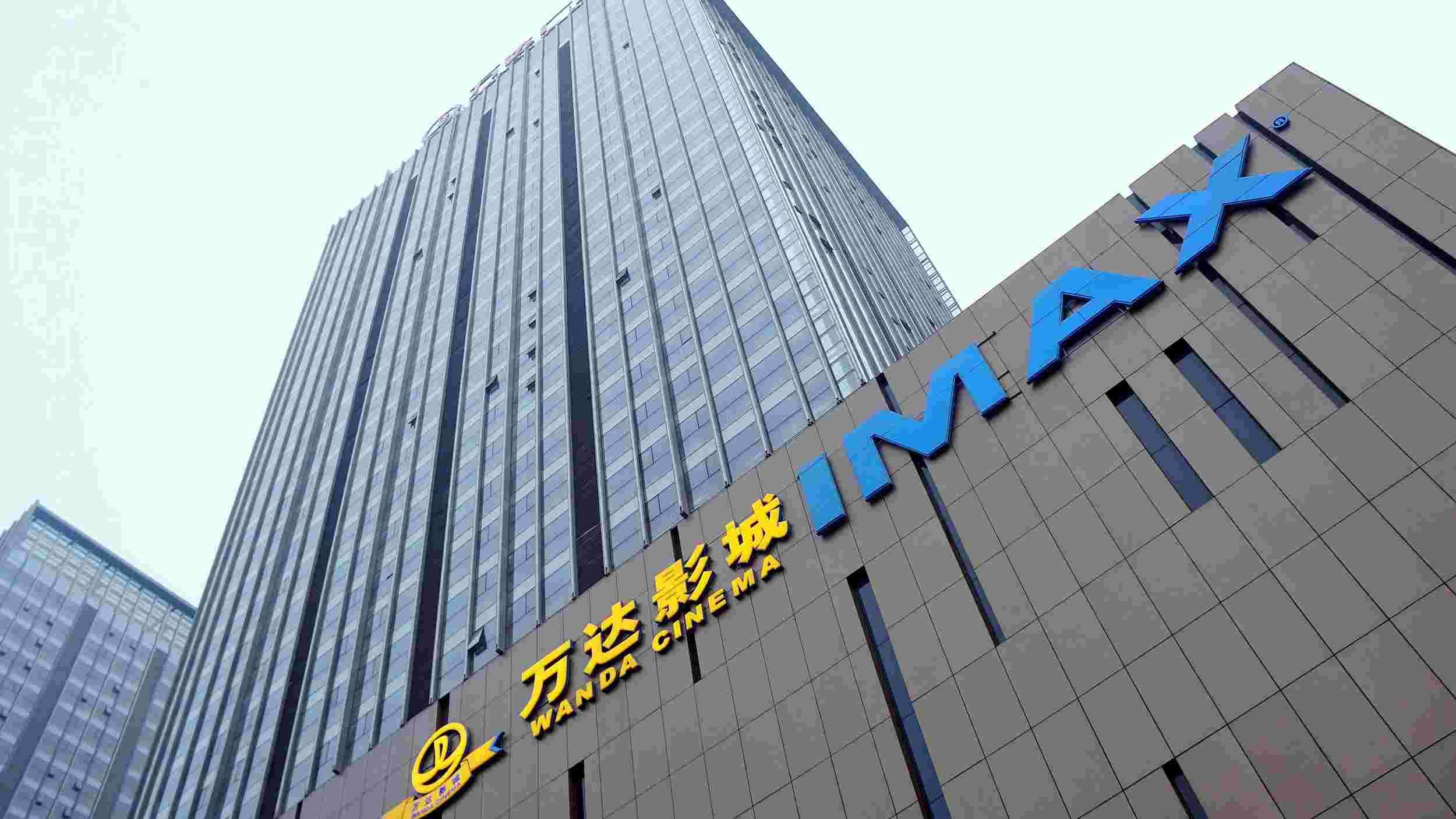
Business
21:59, 23-Jun-2017
China's Wanda Film Co. climbs after massive investor sell-off

Shares of two Chinese conglomerates, Wanda and Fosun, have slightly recovered on Friday, after a sudden crash a day before.
Shenzhen-listed Wanda Film's shares plunged 10 percent and Shanghai-listed Fosun Pharmaceutical shares fell 8 percent on Thursday before trade suspension.
The drama started with a wide-spread social media post that said the Industrial and Commercial Bank of China (ICBC) has been asking bond managers to sell off Wanda bonds to avoid risks.
Wanda then pointed to the message as “rumor” and said the company was operating normally, so did Fosun. Meanwhile, ICBC said it was not "dumping" bonds issued by companies whose loans it was assessing.

An anonymous post only became nerve-wrecking when China's banking regulator was indeed fueling scrutiny over the country’s biggest overseas acquirers.
The China Banking Regulatory Commission in mid-June asked some commercial banks to review and report their overseas loans made to Dalian Wanda Group, Anbang Insurance Group, HNA Group, Fosun International and Zhejiang Luosen, the owner of Italian soccer team AC Milan, said a report by Caixin on Thursday.
Wanda Film ended 3.6% higher and reached to 53.80 yuan (7.87 US dollar) per share on Friday.
Stakeholders of the film company said that it would invest one billion yuan to increase holdings of the stock, according to Zeng Maojun, president of Wanda Film. Zeng said a scrutiny by regulator was a good thing. "The resumption of our stock means our hearts are magnanimous," he said.

Wang Jianhui, general manager of R&D Department of Capital Securities, told investors not to worry too much because those being watched were still very good big private companies, but there were some facts worth noticing.
“Private companies won’t get government support during crucial crisis, and their businesses are usually gathered in certain sectors under government control, such as properties and insurances. Also, investors should always pay close attention to the cash flow of companies, especially when they are paying so much on overseas M&A,” says Wang.
Wang also noted that efficiency of fund utilization was those private companies’ biggest problem, instead of debt.
“Less than 30 percent of their debts will due in the next one to three years, so there is no imminent danger of their debts. At the same time, they use averagely 5.7 to 6.4 yuan to create one yuan revenue, which means they have to increase their efficiency in operation, and they have to reduce dependence on the funding capital,” says Wang.
(Chen Chen contributed to this report.)
6km
Related story:

SITEMAP
Copyright © 2018 CGTN. Beijing ICP prepared NO.16065310-3
Copyright © 2018 CGTN. Beijing ICP prepared NO.16065310-3